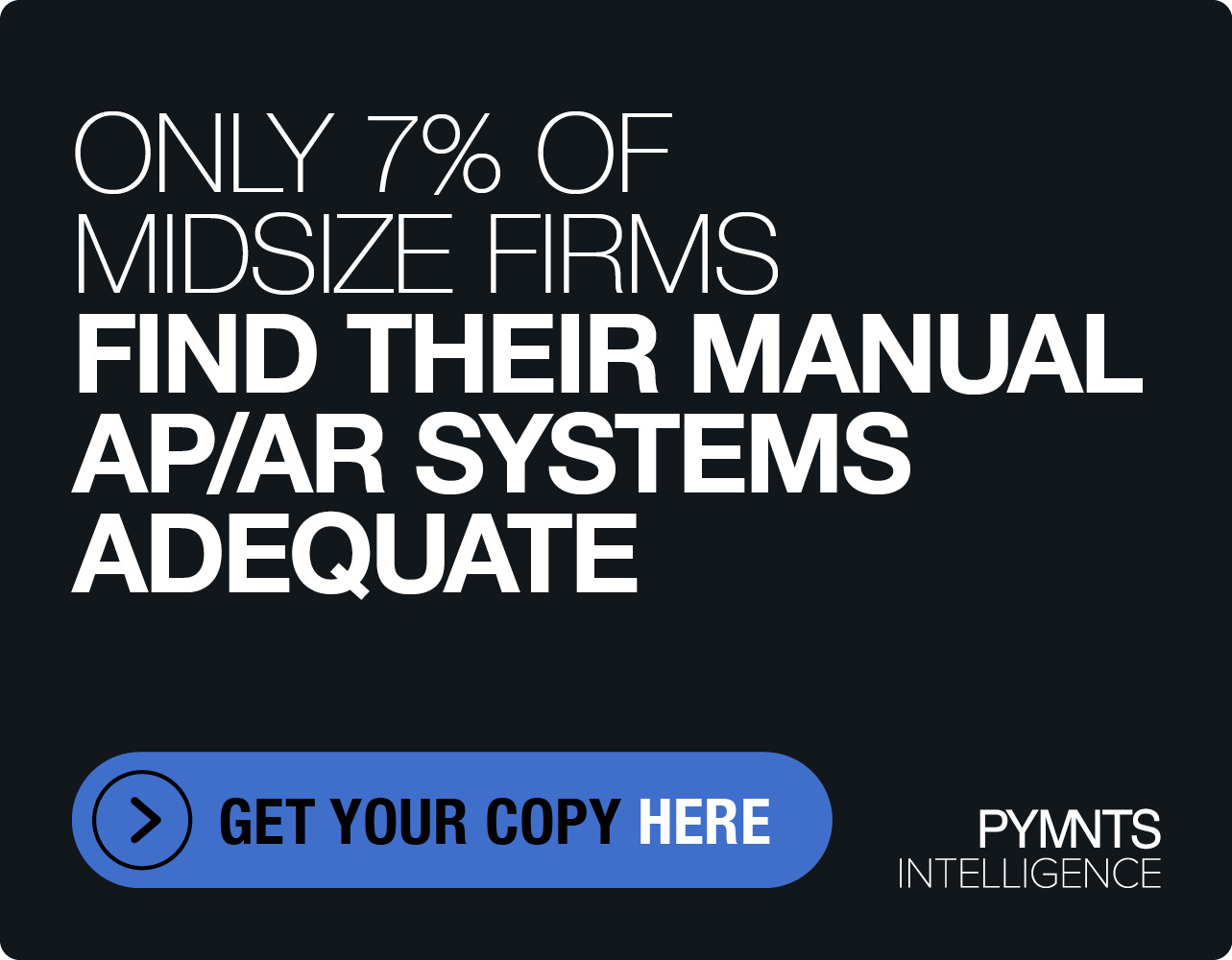Australia Central Bank Acknowledges Faster Payments’ Risk Challenge

Australia has just rolled out the New Payments Platform (NPP), a system to facilitate faster payments in the country, but a recent speech by Michele Bullock, assistant financial system governor of the Reserve Bank of Australia (RBA), suggests there is more to be done to address fraud risks.
Reports in My Business said Bullock spoke in Sydney on the challenge of fraud mitigation when payments are accelerated.
“It has been noted that in a world of real-time payments, fraud can also be done in real time,” she said. “Unlike the current system, where there is at least a few hours to review and halt a fraudulent payment, in a fast payment system, the money can be expected to be gone. The risk isn’t new; it just happens faster.”
But participants in Australia’s NPP are working to address this risk, she added, with banks deploying in-house fraud detection solutions to analyze interbank transactions. There are other ways financial service providers can address the risk of fraud in a faster payments ecosystem, said Bullock.
“These include such things as transaction limits, two-factor authentication and algorithms designed to identify suspicious transactions,” she said. “These will continue to be in place with the NPP.”
The publication noted, however, that some critics say Australia’s financial services market is unable to meet the demand for robust anti-fraud practices even within accelerated payments. Reports pointed to Commonwealth Bank of Australia, which is facing allegations of failing to meet anti-money laundering regulatory requirements.
Last month, Commonwealth Bank issued a public denial of most of the 100 new claims made against it by the Australian Transaction Reports and Analysis Centre (AUSTRAC), the nation’s financial intelligence agency, according to Reuters reports. The financial institution (FI) did admit, “in part,” to 11 of those claims. AUSTRAC filed 100 additional claims against the FI after it filed more than 53,800 claims in December, most of which were related to allegations of late transaction report filing.
It’s not the first time NPP-related fraud concerns have emerged. Earlier this year, Experian Head of Fraud and Identity Jon Malone spoke to reporters at Domain ahead of the NPP’s rollout to raise his own concerns about fraud.
“The days to protect from fraud and detect it before it happens are long gone in NPP-land,” he told the publication.
Following Example
Australia is only the latest jurisdiction to launch a faster payments infrastructure, with similar initiatives going live in the U.K., Europe and U.S. As more faster payment schemes emerge, jurisdictions will certainly be looking across borders to learn from others’ experiences.
In Australia, Bullock pointed to the U.K.’s Faster Payments scheme, which has similarly faced challenges related to payments fraud management that become more difficult when transactions settle more quickly.
It led the U.K. to widely adopt behavioral biometrics technology to heighten the sophistication of anti-fraud efforts following the implementation of Faster Payments. In the U.S., similar initiatives were introduced in the financial services sector for the nation’s own implementation of faster payments via Same Day ACH, which launched only months ago.
Following that rollout, NACHA said zero financial institutions that adopted Same Day ACH capabilities reported an increase in fraud, a result, NACHA recently told PYMNTS’ Karen Webster, of its 18-month-long initiative to work with banks and other FIs to heighten fraud detection efforts to prepare for faster transaction speeds.
Transaction limits, as cited by the RBA’s Bullock, were also cited by NACHA’s Executive Vice President Jane Larimer as a simple yet effective anti-fraud measure. Same Day ACH limits transaction values to $25,000.
“That, in and of itself, limits the risk of fraudulent higher-value transactions,” the executive told Webster.
Customers’ Role
Financial service providers have to carry the burden of fraud and compliance, but the RBA’s Bullock also noted that payers play a role in this effort too.
The NPP will support the use of PayID, Bullock noted, which involves the sender of a payment being shown the name of the account into which they’re paying. Senders also have to confirm payment before it’s initiated.
“This is an extra step that will assist payers to make sure they are paying who they think they are,” Bullock said. “There are also verification processes in place for registering PayIDs (the system that allows customers to assign an alias to their bank account) to ensure people are who they say they are.”
“Like all payment systems,” she continued, “customers need to be alert to the potential for fraudsters to trick them out of details that would allow a fraud to occur — like their passwords. Educating consumers on these risks remains an imperative for the regulators and for financial institutions.”
